Filter by
SubjectRequired
LanguageRequired
The language used throughout the course, in both instruction and assessments.
Learning ProductRequired
LevelRequired
DurationRequired
SkillsRequired
SubtitlesRequired
EducatorRequired
Explore the Computational Biology Course Catalog
 Status: Preview
Status: PreviewGeorgia Institute of Technology
Skills you'll gain: Operations Research, Combinatorics, Applied Mathematics, Graph Theory, Algorithms, Mathematical Modeling, Computational Thinking, Linear Algebra, Computational Logic, Computer Programming
 Status: Free Trial
Status: Free TrialSkills you'll gain: Medical Terminology, Anatomy, Pathology, Medical Records, Health Information Management and Medical Records, Health Care, Biology, Nutrition and Diet, Molecular, Cellular, and Microbiology, Life Sciences
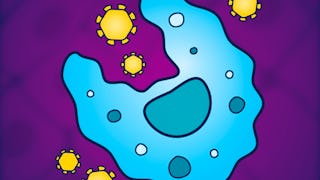 Status: Free Trial
Status: Free TrialImperial College London
Skills you'll gain: Infectious Diseases, Oncology, Microbiology, Epidemiology, Molecular, Cellular, and Microbiology, Chronic Diseases, Public Health and Disease Prevention, Geriatrics, Public Health, Pathology, Pulmonology, Environment, Pharmacotherapy, Patient Treatment, Biology, Precision Medicine, Treatment Planning, Medical Science and Research, Molecular Biology, Pharmacology
 Status: Preview
Status: PreviewUniversity of Minnesota
Skills you'll gain: Mental and Behavioral Health, Social Sciences, Psychology, Psychiatry, Biostatistics, Medical Science and Research, Molecular Biology, Research Methodologies, Biology
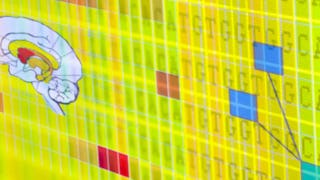 Status: Preview
Status: PreviewUniversity of Toronto
Skills you'll gain: Data Visualization Software, Statistical Visualization, Interactive Data Visualization, Bioinformatics, Ggplot2, Dimensionality Reduction, Scatter Plots, R Programming, Network Analysis, Heat Maps, Molecular Biology, Design Thinking
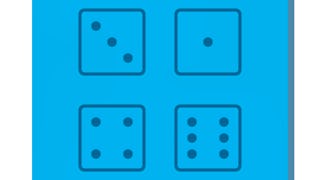 Status: Free Trial
Status: Free TrialUniversity of California San Diego
Skills you'll gain: Combinatorics, Probability, Algorithms, Mathematical Modeling, Computational Thinking, Statistics, Game Theory, Python Programming
 Status: Free Trial
Status: Free TrialStanford University
Skills you'll gain: Algorithms, Graph Theory, Theoretical Computer Science, Computational Thinking, Data Structures, Operations Research, Design Strategies
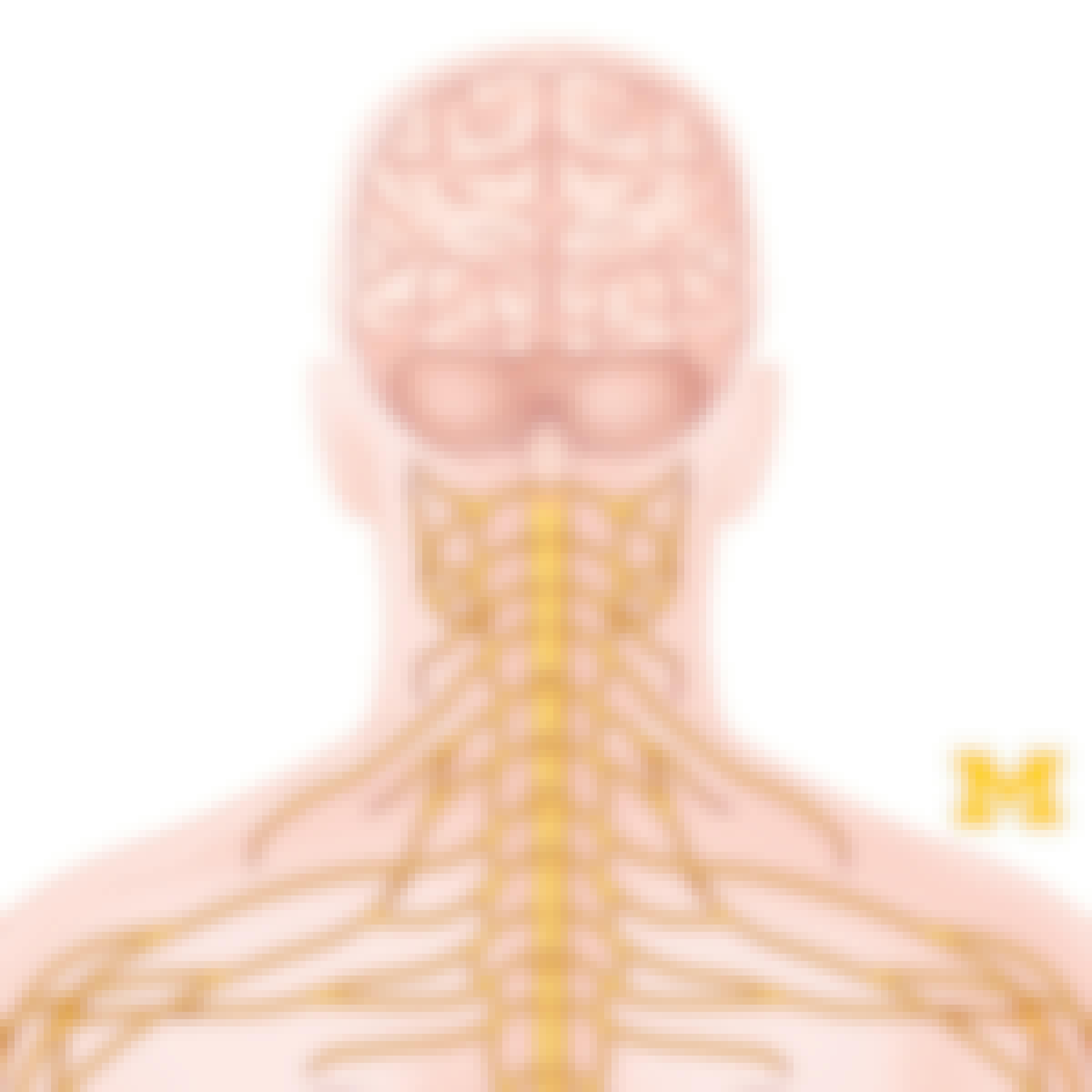 Status: Free Trial
Status: Free TrialUniversity of Michigan
Skills you'll gain: Anatomy, Neurology, Medical Terminology, Biology
 Status: Free Trial
Status: Free TrialÉcole Polytechnique Fédérale de Lausanne
Skills you'll gain: Digital Communications, Electrical and Computer Engineering, Programming Principles, Engineering Analysis, Electronics, Telecommunications, Advanced Mathematics, Algorithms, Linear Algebra, Time Series Analysis and Forecasting, Mathematical Modeling, Computational Logic, Applied Mathematics
 Status: Preview
Status: PreviewUniversidade de São Paulo
Skills you'll gain: Object Oriented Programming (OOP), Computer Programming, Theoretical Computer Science, Python Programming, Algorithms, Data Structures, Programming Principles, Computer Science, Computational Thinking, Maintainability, Software Testing, Performance Testing
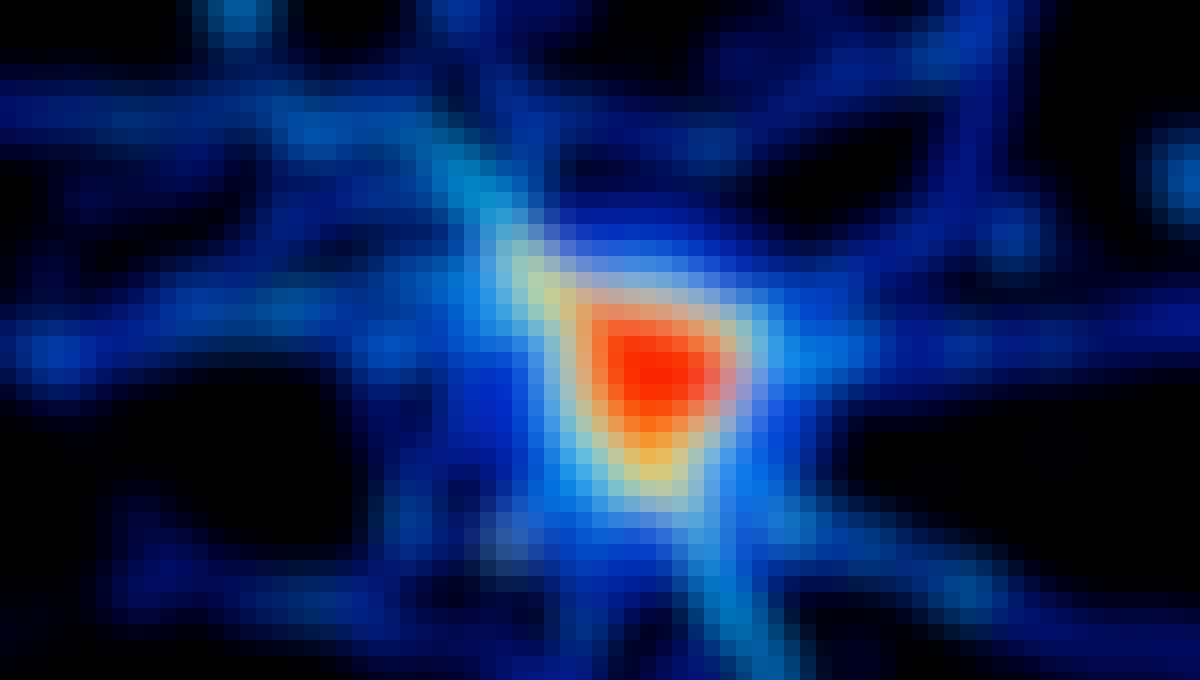 Status: Free Trial
Status: Free TrialIcahn School of Medicine at Mount Sinai
Skills you'll gain: Science and Research, Scientific Methods, Analysis, Systems Analysis, Biology, Bioinformatics, Life Sciences, Data Analysis
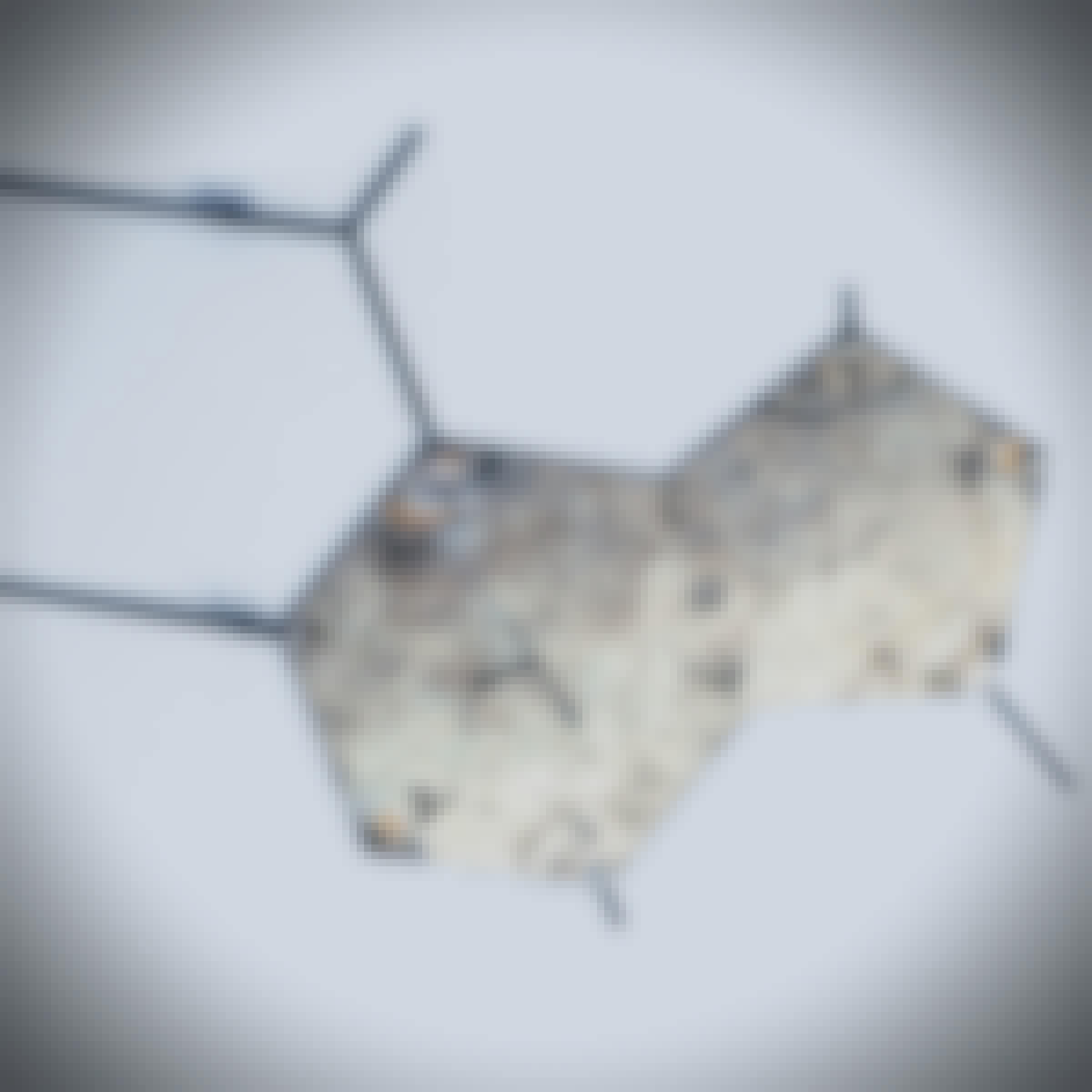 Status: Preview
Status: PreviewUniversity of Geneva
Skills you'll gain: Molecular Biology, Biochemistry, Biology, Life Sciences, Laboratory Research, Microbiology, Experimentation
Computational Biology learners also search
In summary, here are 10 of our most popular computational biology courses
- Discrete Optimization: Georgia Institute of Technology
- Medical Terminology and the Human Body Fundamentals: MedCerts
- Immunology: The Immune System and its Failures: Imperial College London
- Introduction to Human Behavioral Genetics: University of Minnesota
- Data Visualization for Genome Biology: University of Toronto
- Combinatorics and Probability: University of California San Diego
- Shortest Paths Revisited, NP-Complete Problems and What To Do About Them: Stanford University
- Anatomy: Human Neuroanatomy: University of Michigan
- Digital Signal Processing 1: Basic Concepts and Algorithms: École Polytechnique Fédérale de Lausanne
- Introdução à Ciência da Computação com Python Parte 2: Universidade de São Paulo










